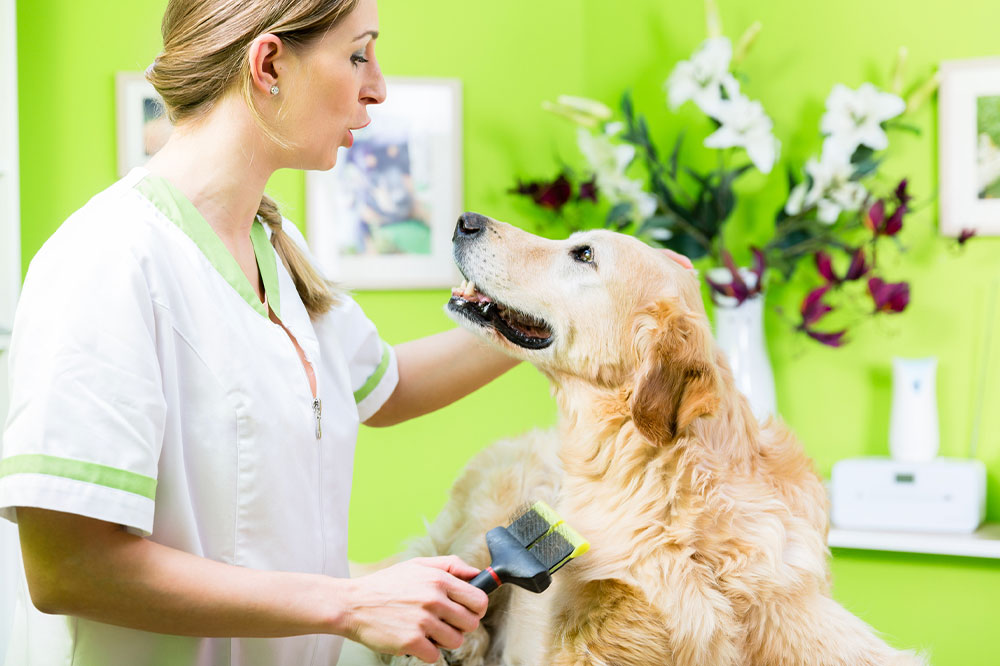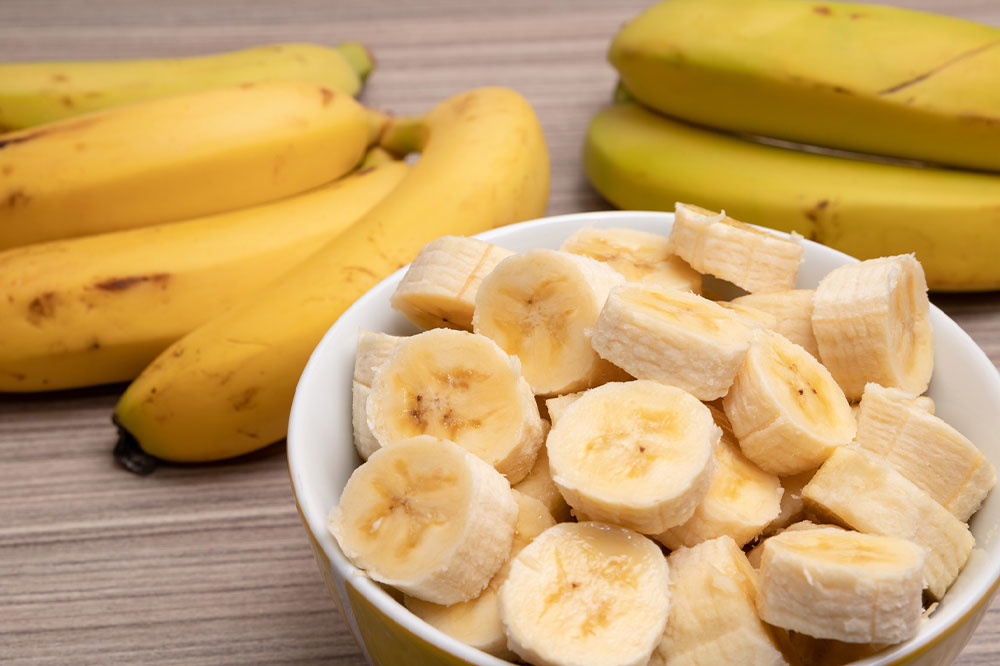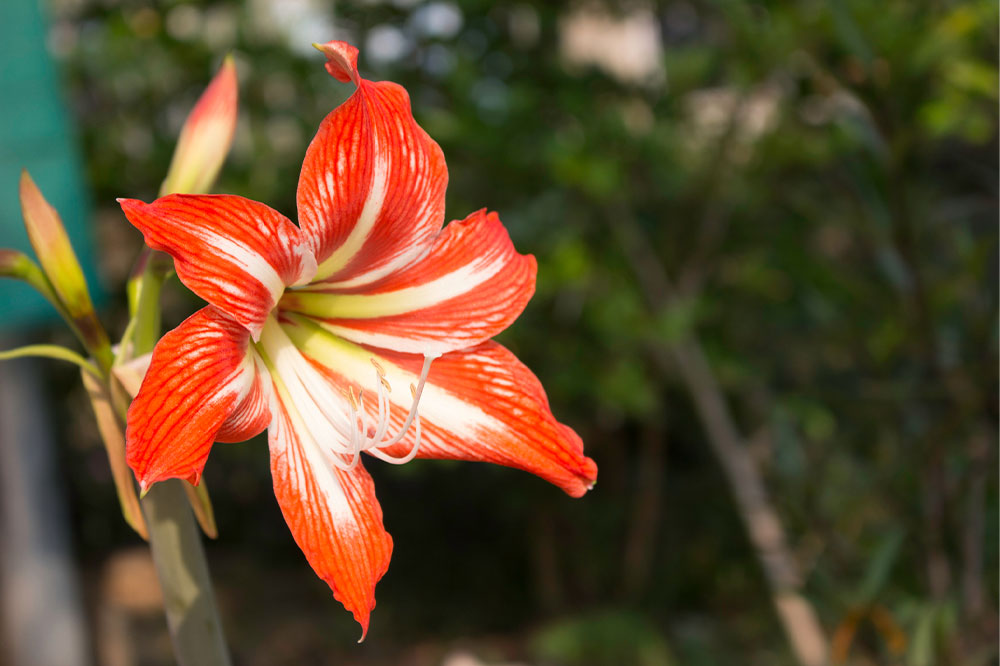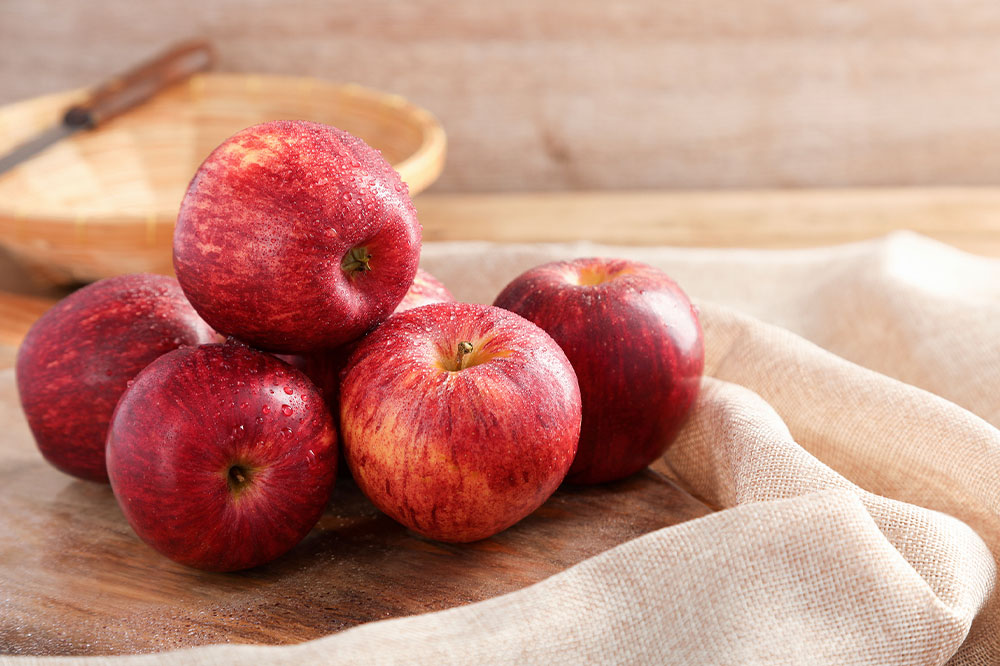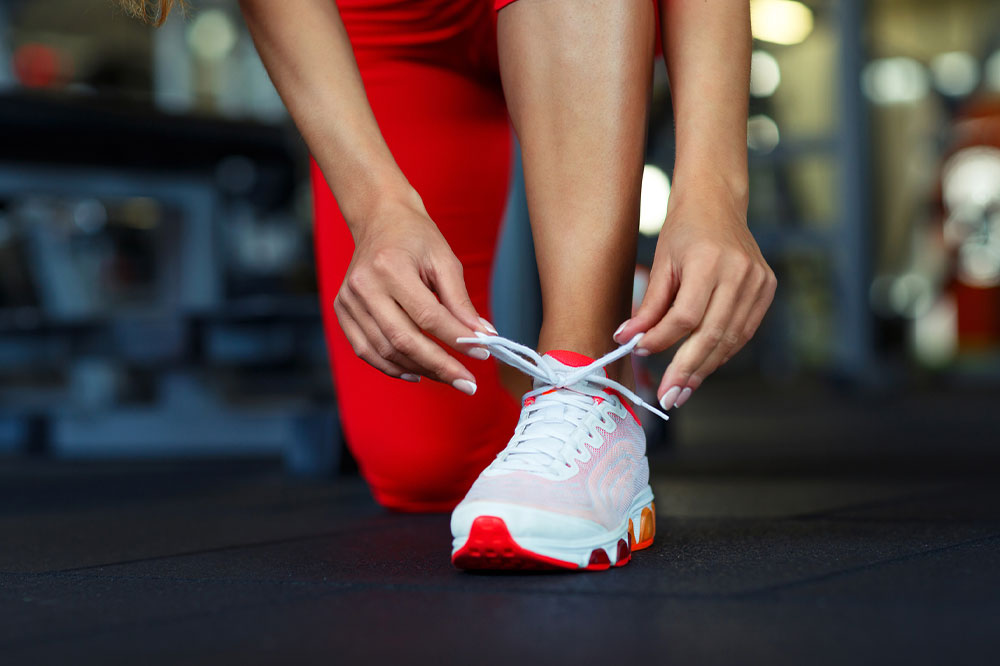5 ways to improve immunity against severe respiratory viruses

The development of vaccines is vital for fighting against emerging viruses and the ongoing quest for global health security. The COVID-19 pandemic has emphasized the importance of vaccines in controlling the spread of infectious diseases. Among the many vaccines developed, the GSK Novavax vaccine is a promising addition to the healthcare armory. This article explores the key information about the vaccine and discusses broader strategies for improving immunity against new-age viruses.
The pandemic’s role in increasing respiratory illnesses
The pandemic is responsible for a host of lung issues. The COVID-19 infection has been medically found to damage the walls and linings of the air sacs within the lungs. The body’s reaction to this results in the lungs becoming inflamed and filled with fluid. This directly results in respiratory issues like hypoxia, acute respiratory distress syndrome, severe acute respiratory syndrome, common cold, and upper airway congestion.
Treatment options for respiratory illnesses
Oxygen therapy
Oxygen therapy is administered through nasal prongs or masks. It helps improve oxygen levels in cases of hypoxemia.
Pulmonary rehabilitation
This comprehensive program includes exercise, education, and support for individuals with chronic respiratory conditions to improve lung function and overall quality of life.
Vaccination
Preventive measures like vaccines for influenza and pneumonia may reduce the risk of certain respiratory infections.
Messenger RNA (mRNA) vaccines and non-mRNA vaccines help combat respiratory infections in different ways.
Here’s a comparison of how they function and their benefits in addressing respiratory infections:
Messenger RNA (mRNA) vaccines
Introduction of antigen
mRNA vaccines provide genetic instructions to cells to produce a fragment of the target pathogen’s antigen. In the case of COVID-19, they instruct cells to produce a spike protein from the SARS-CoV-2 virus.
Immune response
The immune system recognizes the produced antigen as foreign and mounts an immune response. This includes producing antibodies and activating T cells specific to the antigen.
Memory cells formation
Memory B and T cells, which “remember” the antigen, are generated. This provides long-term immunity, as these cells can respond rapidly if the person is exposed to the actual virus in the future.
Adaptive immunity
mRNA vaccines stimulate the adaptive immune system, which is highly specific to the target pathogen. This specificity helps provide robust protection against the specific virus for which the vaccine was designed.
Non-mRNA Vaccines
Introduction of antigen
Non-mRNA vaccines use various methods to introduce the antigen to the immune system. Inactivated vaccines use killed virus particles, subunit vaccines use specific protein fragments, and vector-based vaccines use another virus as a carrier to present the antigen.
Immune response
Non-mRNA vaccines trigger an immune response against the presented antigen, which includes the production of antibodies and activation of T cells.
Memory cells formation
Memory cells also form in response to non-mRNA vaccines, contributing to long-term immunity.
Different approaches
Non-mRNA vaccines employ different technologies, allowing for versatility in vaccine development. They can be adapted to various pathogens, making them suitable for respiratory infections.
Novavax is an example of an m-RNA vaccine. It directly infiltrates a version of COVID-19’s spike protein and another ingredient that stimulates the body’s immune system. This boosts the production of antibodies and T-cells within the body.
Best foods for respiratory illnesses
Fruits and vegetables
These foods are high in antioxidants like vitamin C and beta-carotene, which boost the immune system. Examples of these include oranges, berries, spinach, and carrots.
Garlic and onions
These foods contain multiple antimicrobial properties, and as a result, they boost respiratory health in people.
Nuts and seeds
Foods such as walnuts and hazelnuts are packed with vitamin E and magnesium, both of which support lung functionality.
Home remedies
Adding turmeric to meals
Adding turmeric to dishes or consuming turmeric tea regularly helps the immune system. Turmeric has anti-inflammatory and, by extension, immune-enhancing properties.
Consuming honey and lemon
After mixing them in warm water, both elements soothe one’s throat and provide anti-bacterial benefits, both of which help to make one’s immunity stronger against respiratory illnesses.
Incorporating ginger and garlic into meals
Ginger and garlic act against inflammation and help the body combat respiratory illnesses much more efficiently.
Lifestyle changes to prevent respiratory illnesses
Getting adequate sleep
Getting 7-8 hours of quality sleep allows the body to repair and rejuvenate.
Getting adequate hydration
Staying well-hydrated with water and herbal teas helps maintain mucous membrane health. This makes the body stronger against respiratory conditions like the common cold.
Practicing stress management
Stress-reduction techniques like meditation, deep breathing, or yoga strengthen the body.
Exercises to prevent respiratory illnesses
Engaging in regular exercises can bolster the immune system against respiratory illnesses. Additionally, exercises increase overall blood circulation, aiding immune cells in patrolling the body for pathogens.
https://www.mayoclinic.org/diseases-conditions/coronavirus/symptoms-causes/syc-20479963
https://medlineplus.gov/genetics/understanding/therapy/mrnavaccines/#:~:text=mRNA%20vaccines%20work%20by%20introducing,the%20virus%20by%20the%20vaccine .)
https://www.yalemedicine.org/news/novavax-covid-vaccine#:~:text=But%2C%20unlike%20the%20other%20vaccines,of%20antibodies%20and%20T%2Dcells .
https://www.lung.org/lung-health-diseases/wellness/breathing-exercises#:~:text=Pursed%20Lip%20Breathing,-This%20exercise%20reduces&text=More%20air%20is%20able%20to,your%20mouth%2C%20with%20pursed%20lips .
